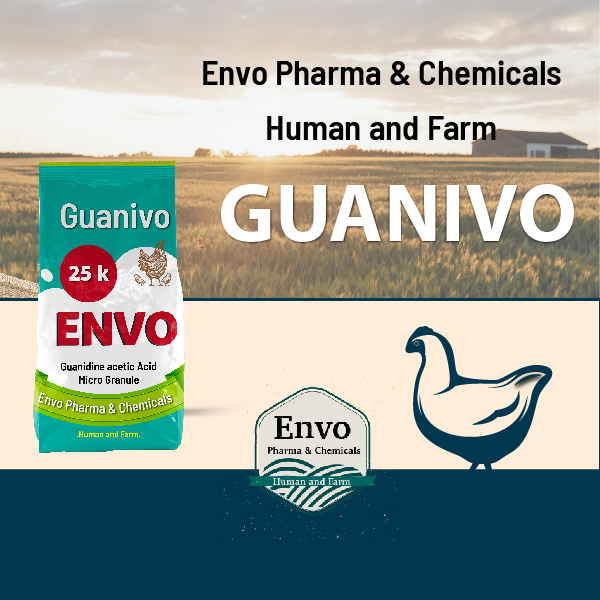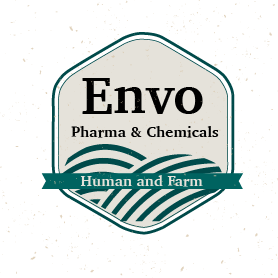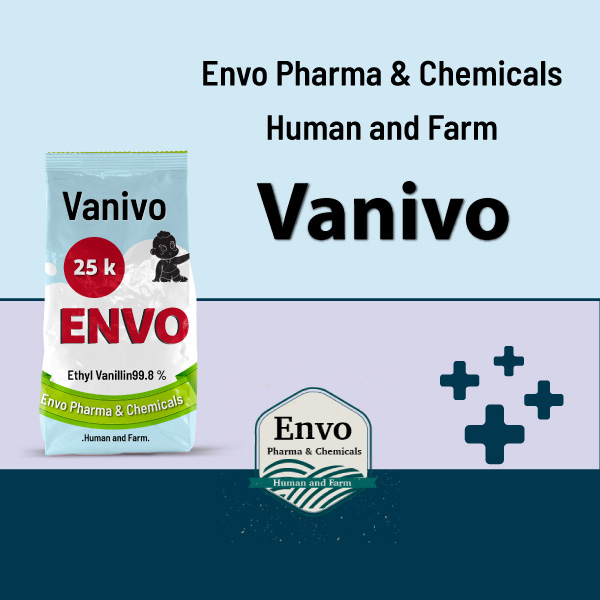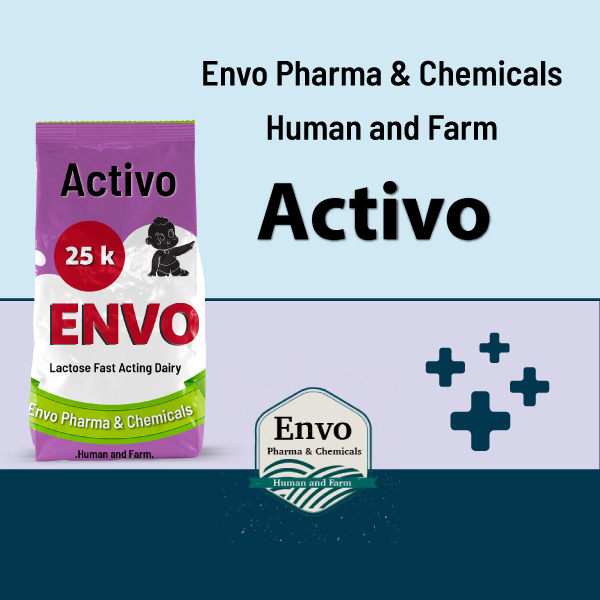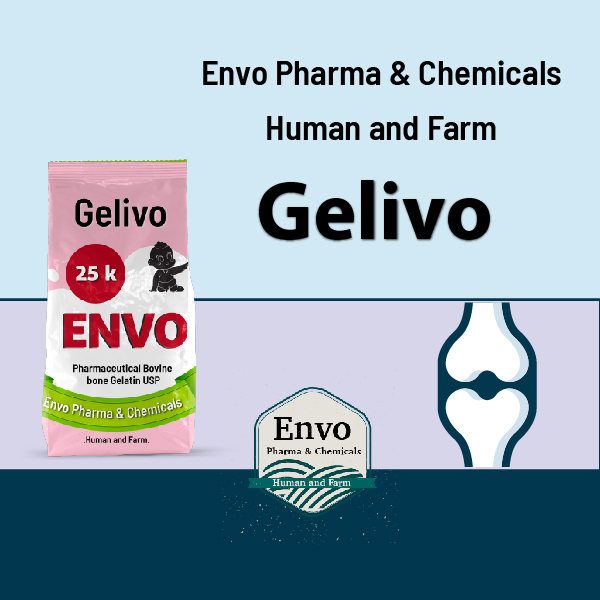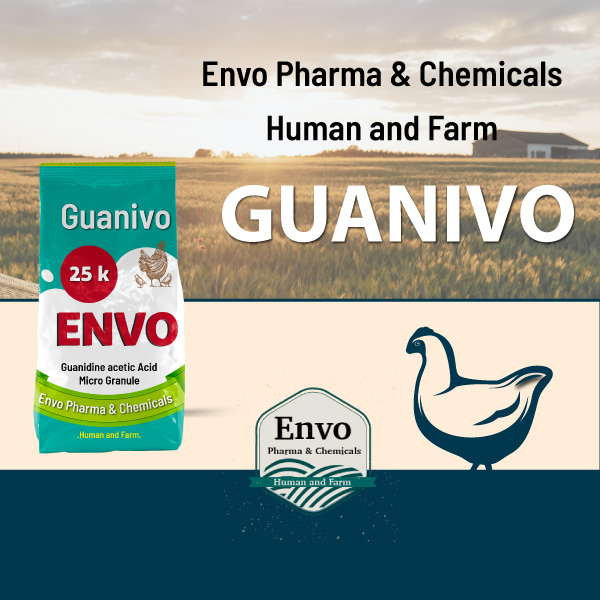Guanidine acetic acid, also known as guanidinoacetic acid (GAA), is a naturally occurring
compound that plays an important role in the energy metabolism of living organisms. As a feed
additive, GAA has gained attention in the animal nutrition industry for its potential benefits in
enhancing athletic performance, improving growth, and supporting overall health in livestock.
One of the primary functions of GAA is its involvement in the synthesis of creatine, a crucial
compound for the storage and utilization of energy in muscle cells. By serving as a precursor to
creatine, GAA supplementation can help increase the availability of creatine, which is essential
for the efficient conversion of ATP (the primary energy currency in the body) into usable energy
for muscle contraction and other cellular processes. This can lead to improved exercise capacity,
reduced fatigue, and enhanced muscle development in animals.
In addition to its role in energy metabolism, GAA has also been studied for its potential to
improve nitrogen utilization and reduce ammonia emissions in livestock. By modulating the
nitrogen balance and reducing the excretion of nitrogenous waste, GAA supplementation may
contribute to more efficient nutrient utilization and lower environmental impact of animal
production systems. Overall, the use of guanidine acetic acid as a feed additive has shown
promise in enhancing the performance, growth, and sustainability of livestock operations.

Guanivo
